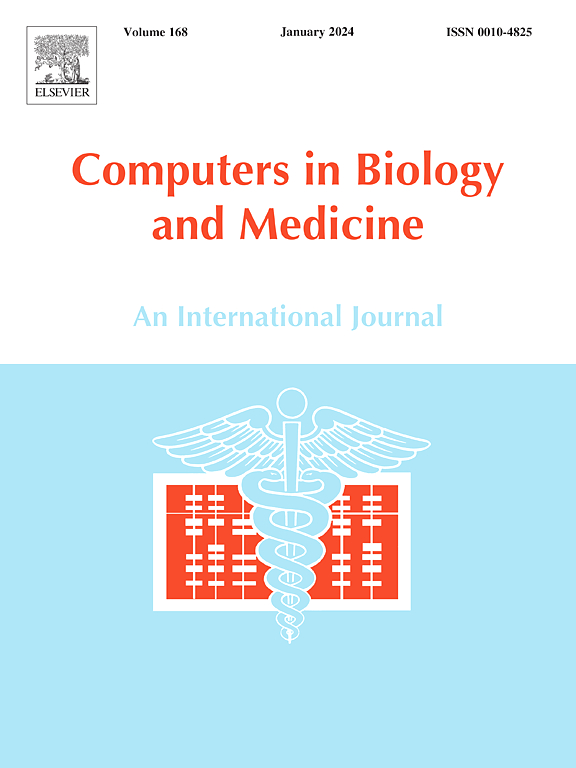A hybrid healthy diet recommender system based on machine learning techniques
IF 6.3
2区 医学
Q1 BIOLOGY
引用次数: 0
Abstract
Obesity is a chronic disease correlated with numerous risk factors that not only negatively affect all body functions but also increase the chances of developing chronic diseases and the associated morbidity and mortality rates. This study proposes a novel system that bridges the gap between healthcare providers and patients by offering both parties some tools for navigating the intricacies of dietary planning. In this system, machine learning techniques are used to determine the required calories before starting an obesity treatment. A hybrid precision model with minimal parameters is also developed to estimate the appropriate number of calories for losing weight and to formulate a healthy diet plan. A real dataset of 15 anthropometric measurements is analyzed using SVR, LR, and DTR regression models, and all the data are preprocessed before analysis to enhance model performance. Results show that the required calories can be estimated with a high correlation (R = 0.985) from independent measurements. The proposed model also calculates the healthy daily percentages of fats, proteins, and carbohydrates based on a knowledge base of medical rules and functions, thus facilitating the sequential treatment of obese patients. In sum, this study applies different models to design a practical, cost-effective approach for accurately determining the required calories and formulating valuable diet plans for obesity treatment and management.
基于机器学习技术的混合健康饮食推荐系统。
肥胖症是一种慢性疾病,与众多风险因素相关,不仅会对身体的各项机能产生负面影响,还会增加罹患慢性疾病的几率以及相关的发病率和死亡率。本研究提出了一种新颖的系统,通过为医疗服务提供者和患者提供一些工具,帮助他们了解错综复杂的饮食计划,从而在双方之间架起一座桥梁。在该系统中,机器学习技术被用于确定开始肥胖症治疗前所需的卡路里。此外,还开发了一种参数最小的混合精确模型,用于估算减肥所需的适当热量,并制定健康的饮食计划。使用 SVR、LR 和 DTR 回归模型分析了包含 15 个人体测量数据的真实数据集,并在分析前对所有数据进行了预处理,以提高模型性能。结果表明,根据独立的测量结果可以估算出所需的卡路里,且相关性很高(R = 0.985)。所提出的模型还能根据医学规则和功能知识库计算出健康的每日脂肪、蛋白质和碳水化合物的比例,从而为肥胖患者的序贯治疗提供便利。总之,本研究应用不同的模型设计了一种实用、经济的方法,用于准确确定所需热量,并为肥胖症治疗和管理制定有价值的饮食计划。
本文章由计算机程序翻译,如有差异,请以英文原文为准。
求助全文
约1分钟内获得全文
求助全文
来源期刊

Computers in biology and medicine
工程技术-工程:生物医学
CiteScore
11.70
自引率
10.40%
发文量
1086
审稿时长
74 days
期刊介绍:
Computers in Biology and Medicine is an international forum for sharing groundbreaking advancements in the use of computers in bioscience and medicine. This journal serves as a medium for communicating essential research, instruction, ideas, and information regarding the rapidly evolving field of computer applications in these domains. By encouraging the exchange of knowledge, we aim to facilitate progress and innovation in the utilization of computers in biology and medicine.
 求助内容:
求助内容: 应助结果提醒方式:
应助结果提醒方式:


